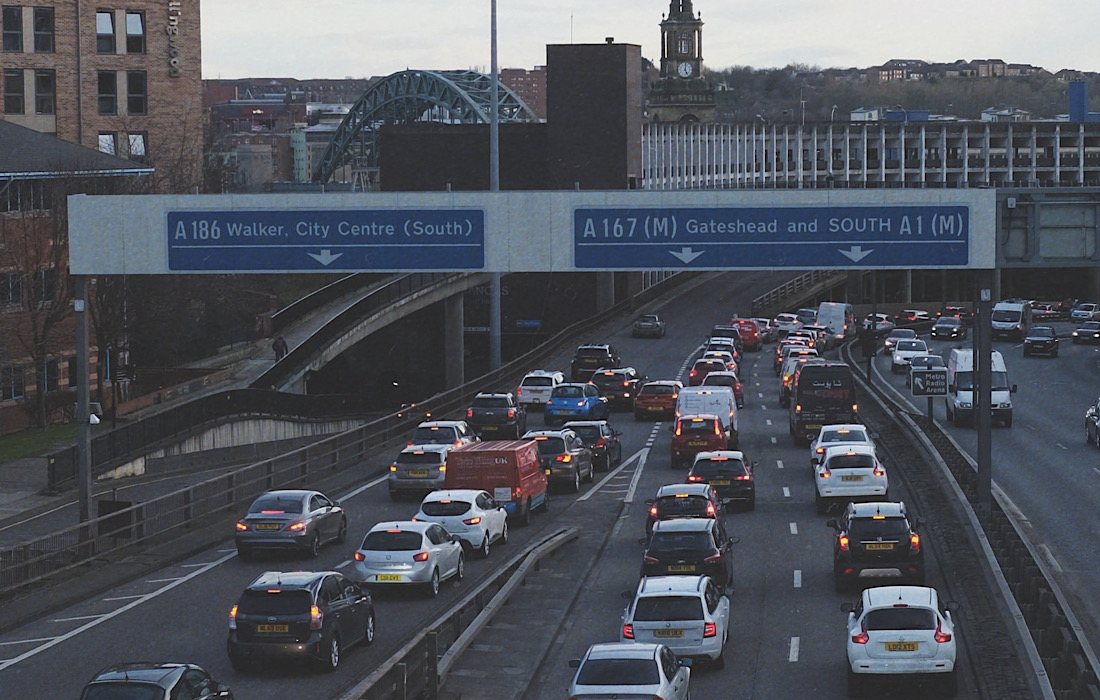For years, Smart Motorways have been a controversial topic and a source of debate among drivers and road safety campaigners. First introduced in 2006, the concept of a smart motorway is to utilize technology to smooth traffic flow, increase capacity, and reduce congestion without the need for additional lanes or construction work.
Smart Motorways, also known as managed motorways, have additional features such as emergency refuge areas, variable speed limits, and the ability to open and close lanes depending on traffic volume. These motorways have been operating across the UK with varying degrees of success. However, in recent years, Smart Motorways have come under scrutiny for their safety record, particularly after several fatal incidents where drivers had difficulty finding emergency refuge areas (ERAs) or were unable to stop in time due to the removal of hard shoulders.
In a bid to improve motorway safety, Transport Secretary Grant Shapps announced in February 2021 that new Smart Motorways would no longer be built without hard shoulders. The move comes after pressure from campaigners and families of victims of accidents on smart motorways.
The Situation in Yorkshire
Yorkshire has some of the busiest motorways in the UK, including the M1 and M62. These motorways have been earmarked for smart motorway upgrades in the past, but road safety campaigners have raised concerns about the dangers posed by the lack of a hard shoulder.
In July 2019, an accident on the M1 in South Yorkshire caused the death of two people. One of the victims was Jason Mercer, a 44-year-old man from Rotherham, who was hit by a lorry after his vehicle broke down. Another motorist who had stopped to help, Alexandru Murgeanu, was also killed. The incident sparked a campaign led by Mr. Mercer’s widow, Claire, who called for the removal of smart motorways.
In March 2021, Highways England announced that it would remove the stretches of Smart Motorway on the M1 in South Yorkshire and change them back to conventional motorways with a hard shoulder. The decision came after an inquest into the deaths of Mr. Mercer and Mr. Murgeanu found that the lack of a hard shoulder had contributed to their deaths.
Other Smart Motorway schemes in Yorkshire, including the M62, are currently under review. The government has pledged to spend £500 million to retrofit existing Smart Motorways with radar technology to detect broken down vehicles and close lanes faster, but campaigners argue that this does not go far enough and that the safest option is to scrap the Smart Motorways altogether.
The Future of Smart Motorways
The controversy surrounding Smart Motorways has raised questions about their future. While there are benefits to technology-driven traffic management, critics argue that the removal of hard shoulders and the lack of ERAs are a major safety concern.
The government has committed to making Smart Motorways safer with changes such as retrofitting radar technology and reinstating hard shoulders where possible. However, campaigners like Claire Mercer want the Smart Motorways to be scrapped altogether and the government to invest in traditional construction and widening of motorways.
As we look to the future of UK roads, there is a need for a balance between technology and safety. Smart Motorways may have been designed to improve traffic flow, but it is important to assess their impact on road safety and make changes to ensure that they protect drivers and passengers. The situation in Yorkshire provides a clear example of the importance of road safety and the need for policy changes to respond to public concerns.
